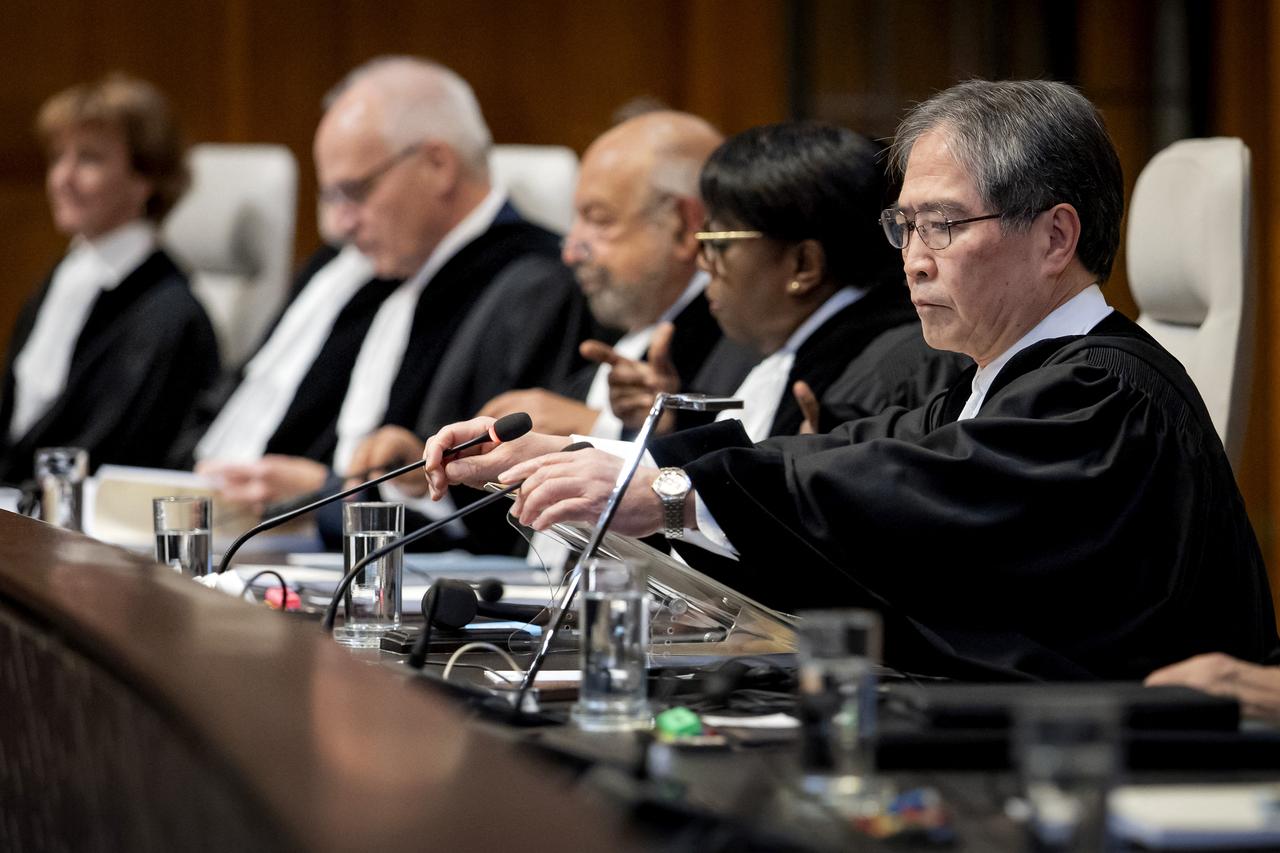
The International Court of Justice ruled Wednesday that Israel must ease aid delivery into Gaza and work with United Nations agencies, including UNRWA, rejecting Israeli allegations that the refugee agency's staff participated in the Oct. 7, 2023 Hamas attack.
The advisory opinion, while not legally binding, carries what the court described as "great legal weight and moral authority" in international law.
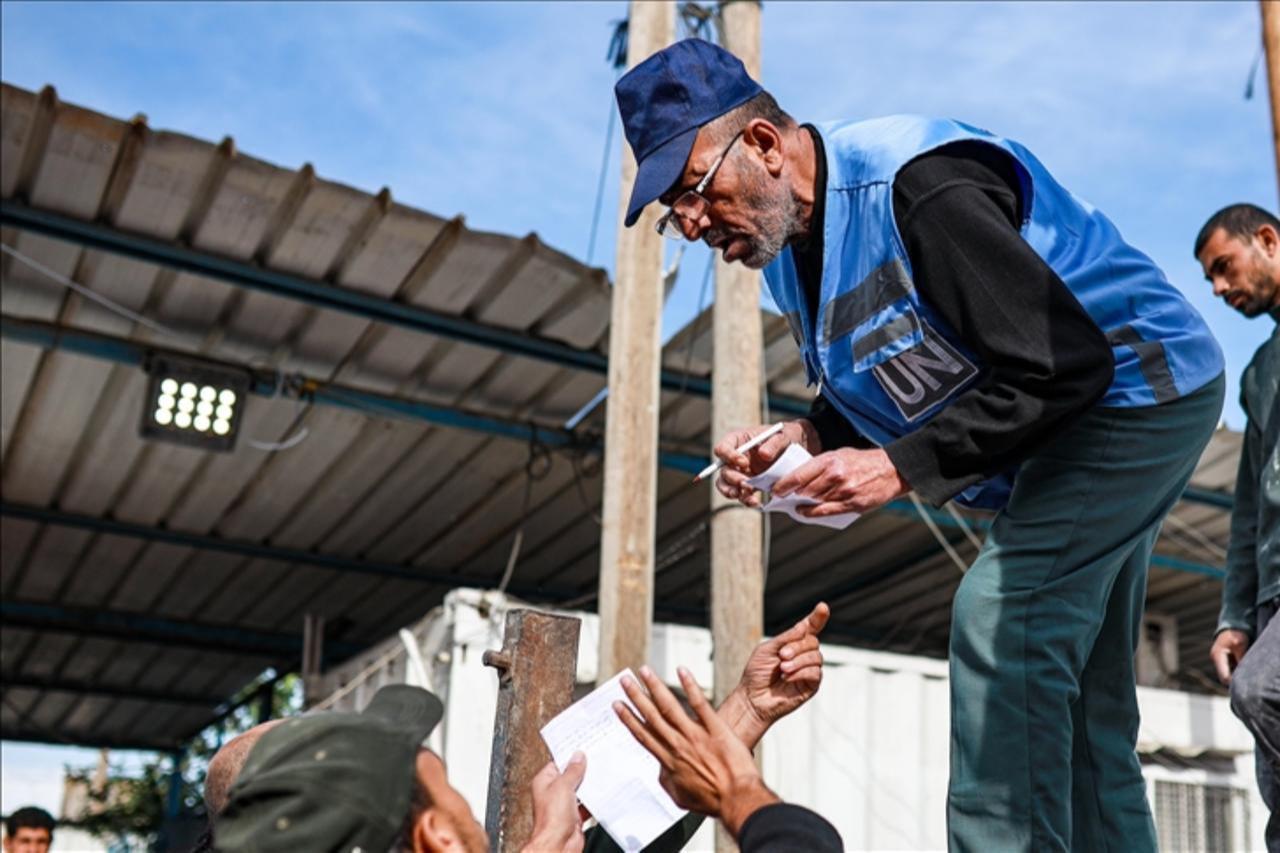
ICJ President Yuji Iwasawa said Israel is "under an obligation to agree to and facilitate relief schemes provided by the United Nations and its entities," specifically naming UNRWA, the UN agency for Palestinian refugees that Israel banned after accusing employees of involvement in the Hamas attack that triggered the war.
The court found Israel had not substantiated those allegations, stating that "Israel has not substantiated its allegations that a significant part of UNRWA employees are members of Hamas" or other armed groups.
Israel boycotted the proceedings. An Israeli official told reporters before the hearing that the case represented "an abuse of international law," adding that while Israel "cooperates with international organisations, with other UN agencies regarding Gaza," it "will not cooperate with UNRWA."
Iwasawa rejected that characterization, saying the court "rejects the argument that the request abuses and weaponises the international judicial process."
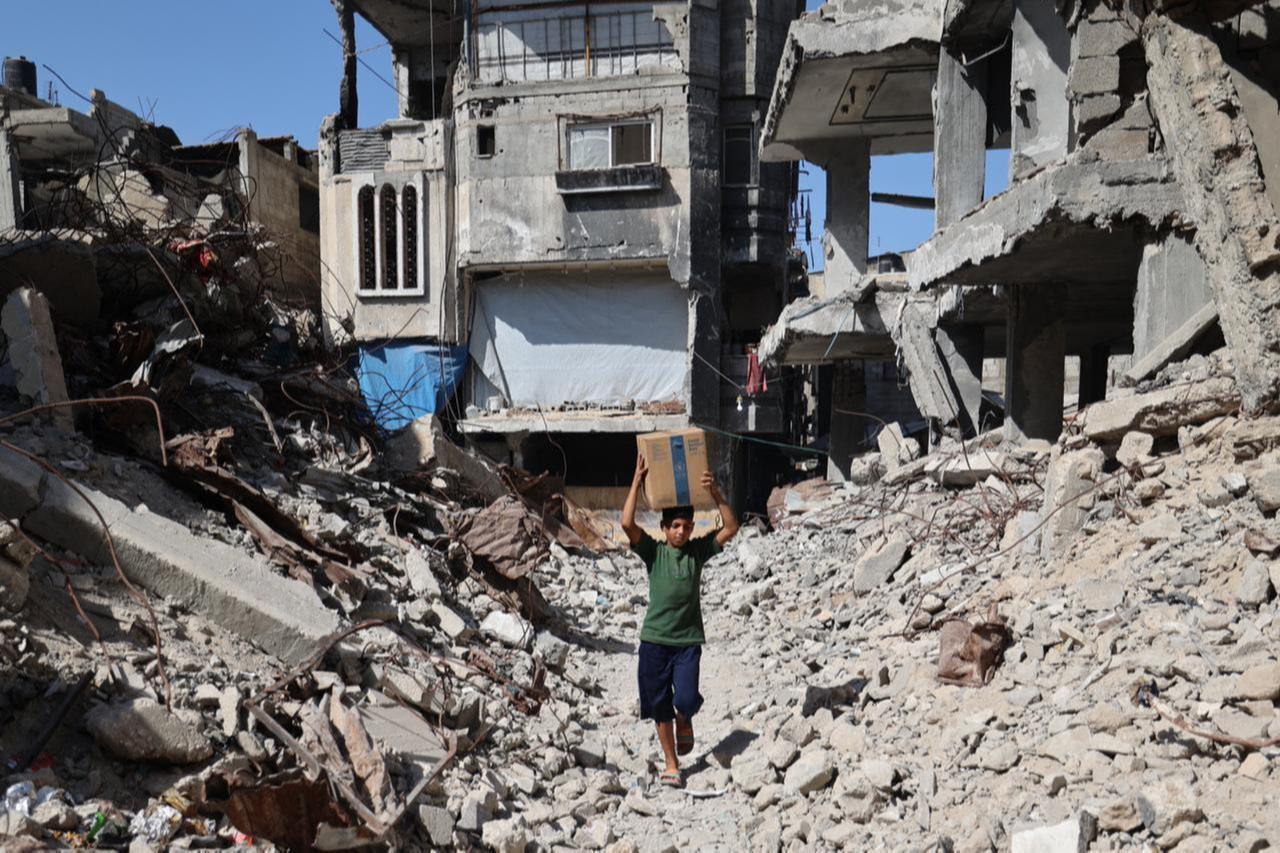
The ruling comes as humanitarian organizations rush to expand aid operations following a fragile ceasefire agreed earlier October. Abeer Etefa, Middle East spokeswoman for the UN's World Food Programme, said Tuesday that 530 WFP trucks had entered Gaza since the ceasefire, delivering more than 6,700 tonnes of food—enough to feed nearly half a million people for two weeks.
Current deliveries stand at approximately 750 tonnes daily, an improvement from pre-ceasefire levels but still far below WFP's 2,000-tonne daily target.
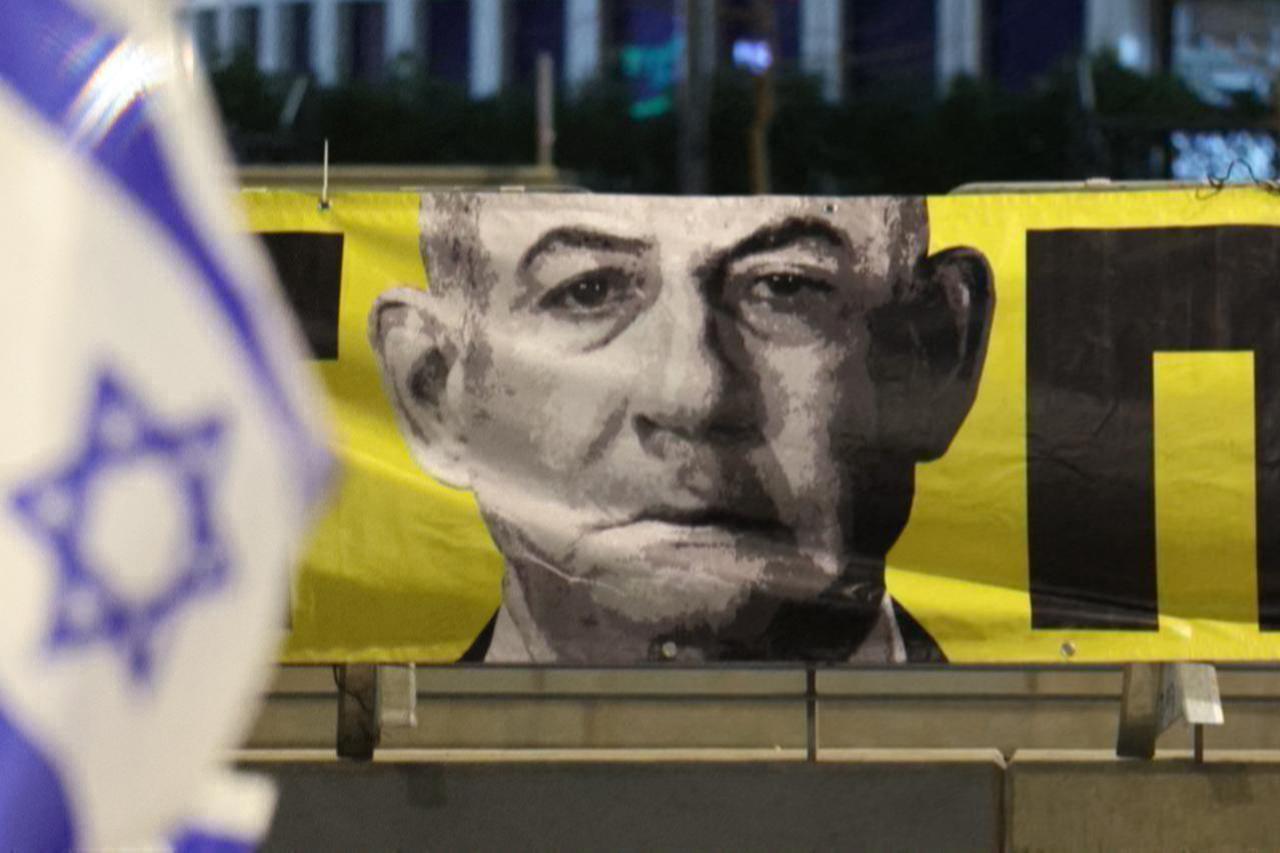
The court emphasized Israel's obligations as an occupying power "to ensure the basic needs of the local population, including the supplies essential for their survival," while maintaining a "negative obligation not to impede the provision of these supplies."
The opinion noted that Gaza's population has been "inadequately" supplied under Article 59 of the Fourth Geneva Convention. According to the court, Israel severely restricted aid entry after October 7, 2023, and blocked humanitarian and medical supplies starting March 2, allowing only limited resumption as of May 19.
"The occupying power may never invoke reasons of security to justify the general suspension of all humanitarian activities in occupied territory," the court stated, calling Israel's obligation to facilitate aid "unconditional."
The court also found no evidence of discrimination in UNRWA's aid distribution based on nationality, race, religion or political opinion. It reiterated the obligation under international law not to use starvation as a method of warfare.
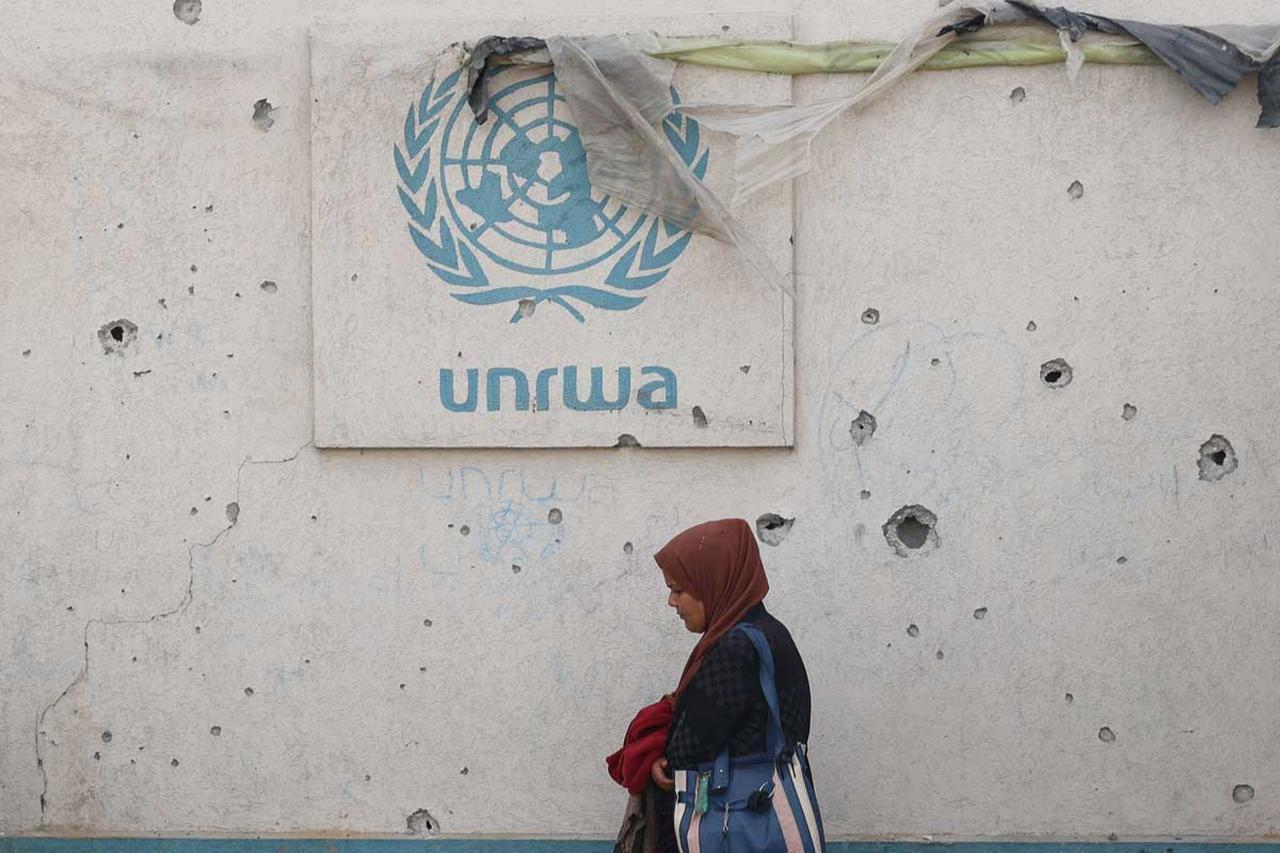
The UN had requested clarification on Israel's duties as an occupying power toward international organizations working to deliver essential supplies to Palestinians.
During week-long hearings in April, dozens of nations and organizations testified, with much debate centering on UNRWA's status. Josh Simmons, a U.S. official, raised "serious concerns" about UNRWA's impartiality and alleged Hamas used its facilities, arguing Israel had "no obligation to permit UNRWA specifically to provide humanitarian assistance."
But the court noted that UNRWA "cannot be replaced on short notice without a proper transition plan."
Palestinian official Ammar Hijazi told judges in April that Israel was blocking aid as a "weapon of war," causing starvation in Gaza.
"Israel, as an occupying power, is not entitled to sovereignty over or to exercise sovereignty powers in any part of the occupied Palestinian territory, including East Jerusalem," the ruling stated.
This case is separate from other international legal proceedings Israel faces over its Gaza campaign. In July 2024, the ICJ issued another advisory opinion declaring Israel's occupation of Palestinian territories unlawful. The court is also weighing South African accusations that Israel violated the 1948 UN Genocide Convention.
Meanwhile, the International Criminal Court has issued arrest warrants for Israeli Prime Minister Benjamin Netanyahu for alleged war crimes and crimes against humanity, as well as for Hamas commander Mohammed Deif, whom Israel claims was killed in an airstrike.